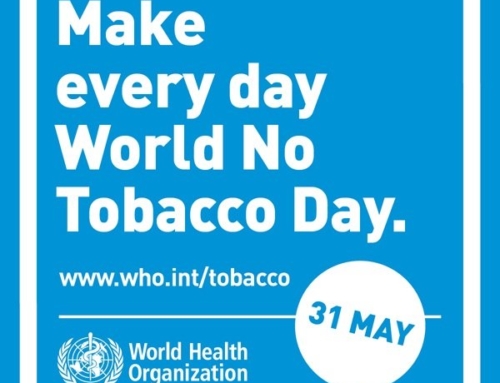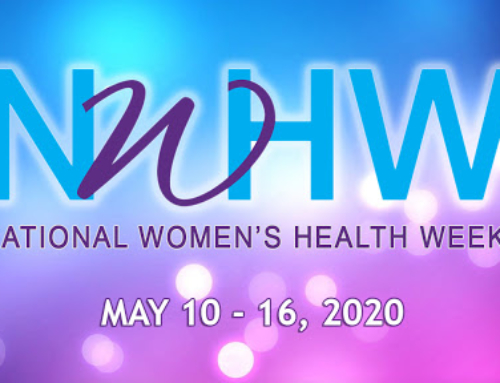Did you know that every 40 seconds, someone loses their life to suicide? In the United States alone, approximately 123 people die every day by suicide. In 2017, suicide was the tenth leading cause of death overall in the United States, claiming the lives of over 47,000 people. This affects individuals of all ages but is the second leading cause of death between the ages of 10 and 34. The suicide rate for females was the highest for those aged 45-54, and among males, those aged 65 and older. We have seen a steady rise in the rates in the US since 2001, an increase of 31% in the 16-year period. This is a major public health concern and should be taken seriously.

Not only should we be concerned about the rates of suicide, but the number of attempts, and the ones thinking about, considering, or planning suicide. Understanding suicide can be complicated and difficult. Those who do not ask for help, does not mean they do not want it, they just want to stop hurting. A person who is suicidal is desperate and this is their attempt to escape that suffering, they see no other way out.
There are many factors that can contribute to people thinking about or attempting suicide. Some of those risk factors include, traumatic and difficult life events, depressive disorder, bipolar disorder, anxiety disorder, and substance use or abuse. Other risk factors may also include a family history of suicide, hopelessness, stigma associated with asking for help, lack of mental health treatment, lack of social support or social isolation, and recent loss of finances, job or relationship.
It is important to also know warning signs of suicide. Indicators that someone may be in danger or need immediate help include:
- Talking about being a burden to others
- Acting anxious, agitated, or reckless
- Talking about feeling trapped or being in unbearable pain
- Talking about feeling hopeless or having no purpose
- Displaying extreme mood swings
- Sleeping too little or too much
- Withdrawing or feeling isolated
- Showing rage or talking about seeking revenge
There are warning signs for youth suicide to be aware of that may increase their risk for engaging in suicidal behaviors in the near future.
- Talking about or making plans for suicide
- Expressing hopelessness about the future
- Displaying severe/overwhelming emotional pain or distress
- Showing worrisome behavioral cues or marked changes in behavior, particularly in the presence of the warning signs above. Specifically, this includes significant:
- Withdrawal from or changing in social connections/situation
- Changes in sleep (increased or decreased)
- Anger or hostility that seems out of character or out of context
- Recent increased agitation or irritability
The good news is that suicide prevention is possible and with the cooperation of family and community members, healthcare providers, and treatment services we can get people the help and support they need. You can prevent suicide and save the life of someone you know and love. Take all warning signs seriously and find help.
If you are in crisis, call the toll-free National Suicide Prevention Lifeline at 1-800-273-TALK (8255), available 24 hours a day, 7 days a week. The service is available to anyone. All calls are confidential. http://www.suicidepreventionlifeline.org
For local resources, visit Meridian at www.mbhci.org for a variety of treatment and service options.
To learn more about suicide prevention, risk factors, warning signs, and how to get involved visit: www.save.org
Those who suffer, are not alone. Get the help you or someone you love needs.
Resources and Citations:
National Institute of Mental Health
https://www.nimh.nih.gov/health/statistics/suicide.shtml
World Health Organization
Centers for Disease Control & Prevention
https://www.cdc.gov/nchs/products/databriefs/db330.htm
Suicide Awareness Voices of Education
https://save.org/about-suicide/suicide-facts/
 |
Brooke is a Health Educator & Systems Change Specialist with SRAHEC. She is a trained Tobacco Cessation Specialist. |







